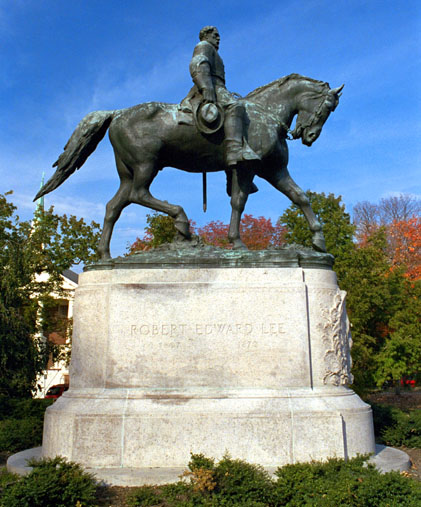Collective guilt means that the sins of our fathers or ancestors are our sins. Guilt is calculated by blood or other affinity, not by individual choice. Collective guilt is a most dangerous idea. Its classic reference is found in Ezekiel 18. Sons are not to be punished for their father’s sins; nor are fathers punished for the sins of their sons.
Sons and fathers are still to be concerned with each other’s well-being. Each is responsible for his own delicts. Collective guilt “justifies” hatred and punishment of someone for something that he did not do. Statutes of limitation were set up partly in the realization that it is dangerous to impose the norms of one generation on another. Collective guilt goes along with the reappearance of vengeance and the decline of forgiveness.
The issue is delicate. If we belong to a religion, country, class, family, or other group, we identify with what that group generally holds to be proper or necessary. Culture means that, by following its customs, we are able more easily to understand what others of our kind do, what they think it right to do.
This cultural influence flows from our social nature. If we were not open to such outside guidance, we could not accomplish much. Individualism often means that we accept no outside guidance. We make our own laws. Individualism and collective guilt can have the same origin.
Collective entities, like states, religions, or even armies, are not themselves persons. They do not exist by themselves. They do not enjoy a transcendent destiny to which they are accountable. They do not have brains and wills of their own. Such entities refer to a certain type of order among actual human persons who bear their relative being.
We do, however, have “legal persons.” Here, while clearly recognizing that such entities are not real persons, we designate the limited responsibility that such organizations, their officials and members, have when acting in the name of the group. We can accomplish many more good things when we have multiple free associations than we can by ourselves.
But we can do more damage too. When we act in the name of some organization, we do not leave off our personal responsibility to what is true or just. This relation of our personal and corporate responsibility grounds many controversies over the way officials of corporate organizations act.

The issue of collective guilt was brought up by John Paul II. He wanted to “cleanse the memory,” as he called it. What if I belong to a family, country, religion, or corporation whose past record, as we look back on it, was harmful to others? We can no longer arrest or try the long dead ones now said to be guilty. Nor can they defend themselves. We, in effect, impose our present ideas on their past. They “should have” seen what we see. Of course, the past can also “impose” its ideas on the present. Few ancestors would hesitate to contemn our abortion practices. The retribution they ask of us is that we acknowledge our sins against their progeny.
The City Council of Charlottesville, Virginia, home of Thomas Jefferson, recently voted to remove a mounted, century-old statue of Robert E. Lee from a city park. We catch here signs of collective guilt, of the effort to apologize for history. We remember Lee as a man who in defeat was treated honorably. To remove his memory on the grounds that his presumed sins can be punished with dishonor many decades after his death seems arrogant. I think of Richard Weaver’s famous essay “Lee as a Philosopher.”
Do we now, in our righteous logic of civic vengeance, remove all the memory of the South, take away its memories, desecrate its graves, and tear down its statues? Is this the spirit of Lincoln and his effort to reconcile brothers? Such efforts to cleanse the memory seem to be more dangerous than leaving the memory of their deeds intact.
The reason we let God judge, after death, the personal crimes of each person is to prevent governments from assuming to themselves the divine task of judging the sins of Robert E. Lee in the distant past.
What does it mean for us, sinners all, to apologize for the sins of our ancestors? Do we eradicate all memory of lost causes? Was Lee all bad? Is this how we judge him and ourselves? How far back do we pursue our cleansing vengeance?
He who is without sin was once asked to cast the first stone. Our sins have become corporate, not personal. It is a sign of decline among us. Lee made his peace with those with whom he actually fought, and they with him. The teaching that sons are not responsible for the sins of their fathers is replaced by collective guilt in which they are responsible.














